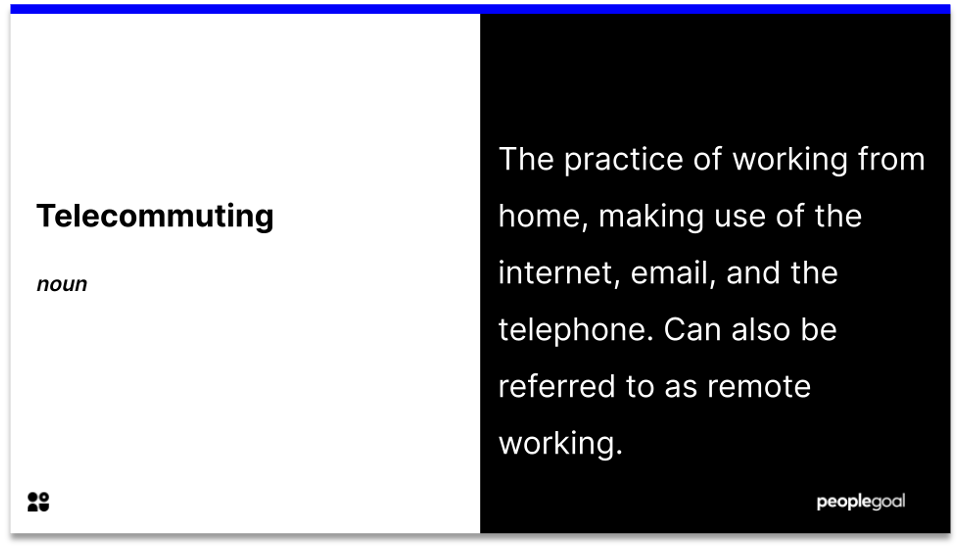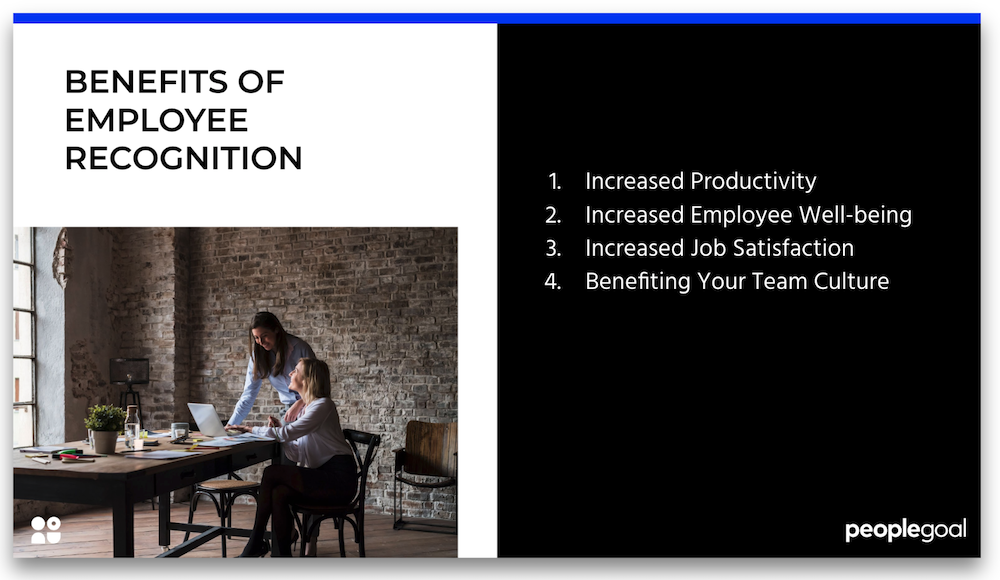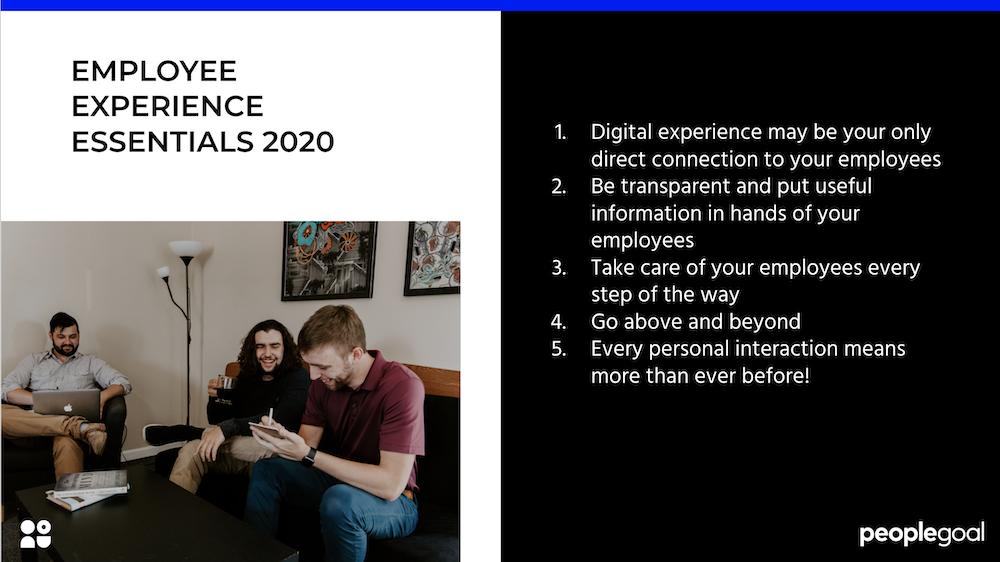In a recent blog, my colleague talked about the importance of human resource management as a supraordinate concept. In it my colleague recognizes some of the main reasons why HRM is important citing a number of factors, including:
Strategic Management – HRM can improve a company’s bottom line with its knowledge of how human capital affects organizational success. HR management is therefore factored into corporate decision making.
Maintaining Compliance – Human resources management is not only restricted to the qualitative side of the people processes, but it also plays the essential role of ensuring an organization complies with all employment laws designated in their location.
Recruitment – HRM is imperative in hiring employees who are in accordance with the organization’s workforce needs and fit the workplace culture.
Why is Human Resources important for an employee?
HRM is an imperative pillar of any successful organization, but what is sometimes lost in translation is how human resources can help you, the employee! Below we take a look at some of the key reasons why HRM is important for an organization’s employees.

Employee Satisfaction – Human resources has a pivotal role in achieving good levels of employee satisfaction. Good human resources management will administer employee engagement surveys, conduct focus groups and seek employee input regarding job satisfaction. These metrics form into tangible data to help organizations to recognise their deficiencies, allowing them to create actionable plans from where they can improve and develop their workforce to best suit them and make the workplace a better space for employees.
Onboarding – Business leaders and HR teams are beginning to recognize the importance of developing effective onboarding strategies. Companies with good onboarding strategies develop more engaged employees. The good news for you (the employee), is that this benefits your total employee experience.
Training and Development – An important feature of healthy HR management is that they take care in the structuring of training and development. This is an important feature for employees as it helps you to develop personally and professionally, while also having links to morale, engagement and productivity.
Employee teamwork – HR strategy can support the way employees work in a team. There are more explicit methods like team building exercises, communication-based activities and so on. HR management can use tools to help define clear objectives and goals at individual, team and departmental levels. They should measure the progress of these goals, reward hard work and identify those who aren’t reaching their targets and inefficiencies. HR’s role in recruitment and retention, learning and development and reward and recognition plays a more subtle but equally important role in building effective teamwork.
Employee Wellbeing – Although HR management aren’t therapists, there is a duty of care tied to their role. Stress and personal problems are things which almost all employees will go through. HR teams should be confidential places for trust and to try and help you while you’re at work. Research from the Mental Health Foundation has indicated that only 14% of people are comfortable speaking to a manager about stress. This exemplifies the importance of a HR managers to take on these duties. In a recent paper from CIPD, they noted:
“As we become increasingly insight-driven, the relevance and impact of our work increases, and HR will very naturally be seen as trusted advisers, partners and provocateurs."
Glass Ceilings – The best HR teams achieve the best for their staff. They help to deal with people problems like glass ceilings for women. Research indicates a bias in feedback and performance reviews. Women are 20% less likely to receive difficult feedback, with the preconception that managers don’t want to appear ‘hurtful’ or mean. Further, studies have revealed that women are more likely to receive vague information regarding their feedback and performance reviews. A good HR team will stop this from happening and make it easier for women to break through the glass ceiling.
Navigating the law – Human resources management plays an essential role in ensuring an organization complies with all employment laws designated in their location. They must fill out the paperwork deeming the company as compliant with any employment law and must keep all policies up to date to maintain compliance. In effect, they do all the boring stuff to make sure you can keep working.
The good stuff – Money and holidays. Two things which the employee wants and probably needs. One function of HR is payroll. Payroll refers to the process by which employees receive their wage or salary. HR are also in charge of sorting out any holiday pay and absences.
Career Planning – HR is not purely focused on helping the organization succeed, it is also focused on helping good employees move forward in their careers. Your HR team can combine with your manager to help you map out a career path and help you find development plans to help you get there. They can help identify areas of strengths and weaknesses to help development.
Click here to find out how the importance of Human Resources Management has changed with Covid-19👈
Ready to 3x Your Teams' Performance?
Use the best performance management software to align goals, track progress, and boost employee engagement.





